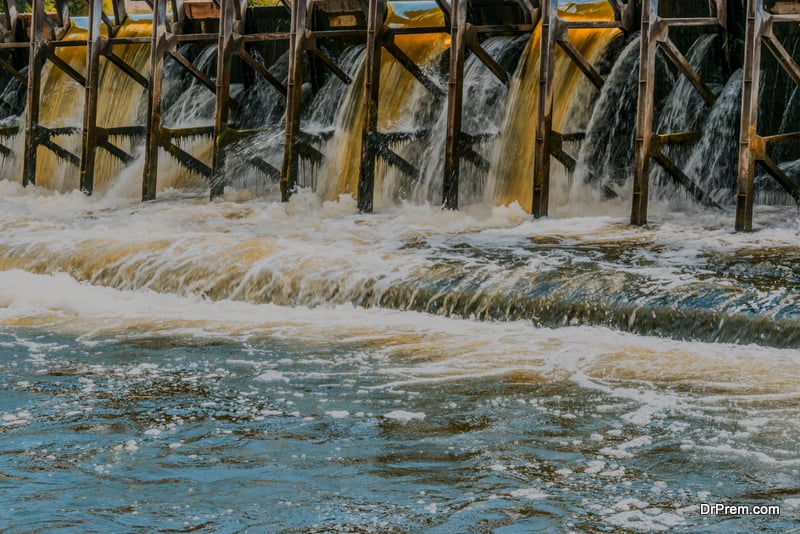Globally, we are dependent on fossil fuels which are non-renewable sources of energy to meet energy requirements. Electricity is generated at power plants that majorly use fossil fuel to drive the combustion process which provides energy to the engine of a generator. With extensive exhaustion of fossil fuels, the micro hydro powerplant holds the key to sustainably fulfilling global energy needs.
As per data shared by Energy Information Administration (EIA), in its 2016 report, coal and natural gas have been the most useful forms of energy to generate electricity, almost a whopping 61%, both of which are non-renewable fuels.
With the growing awareness of global warming, utilising renewable energy sources will reduce greenhouse emissions and lead us to a more sustainable future.
Working of a Micro Hydro Power Plant
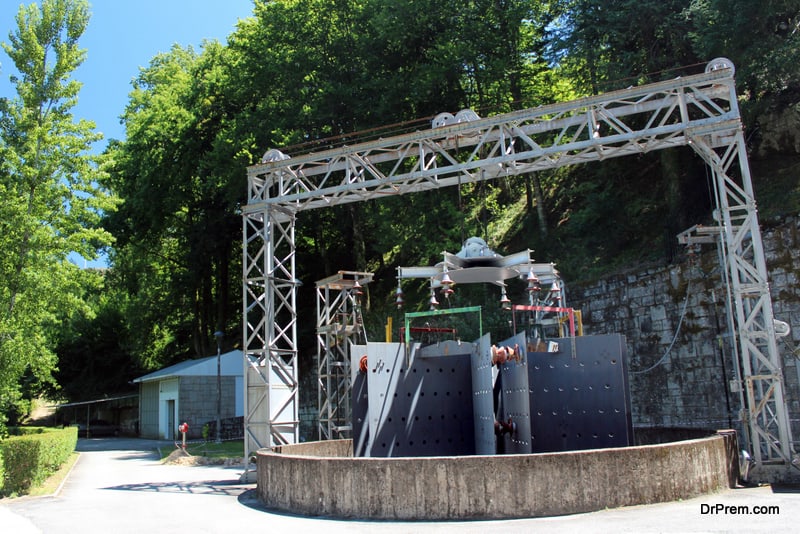 A micro hydro power plant requires basic components such as a water pipeline, a turbine or pump, a generator, and wiring. A water pipeline delivers the water at high pressure into the turbine. The rotational energy of the turbine due to high pressure flowing water on the blades converts this hydro energy to kinetic energy. The shafts are connected to a generator that turns kinetic or rotational energy to electric energy. The regulator, in turn, controls the generator and electricity are passed through wires lines to our homes.
A micro hydro power plant requires basic components such as a water pipeline, a turbine or pump, a generator, and wiring. A water pipeline delivers the water at high pressure into the turbine. The rotational energy of the turbine due to high pressure flowing water on the blades converts this hydro energy to kinetic energy. The shafts are connected to a generator that turns kinetic or rotational energy to electric energy. The regulator, in turn, controls the generator and electricity are passed through wires lines to our homes.
Let us asses the pros and cons of a micro hydro power plant in detail.
Pros and Cons of a Micro Hydro Power Plant
The micro hydro power plant utilises hydro energy which is a renewable energy source, stored in small dams or flowing rivers, to generate electricity. The current of the flowing water on the blades of the turbine converts mechanical energy to electric energy and thus generates electricity.
Uses renewable energy to generate electricity
Unarguably, the micro hydro powerutilises water as a source of energy that relies on the natural water cycle, thereby not causing water or air pollution. Traditional means of fossil fuel combustion to generate electricity result in water, air and noise pollution along with resource exploitation.
No reliability on the international import of fossil fuel
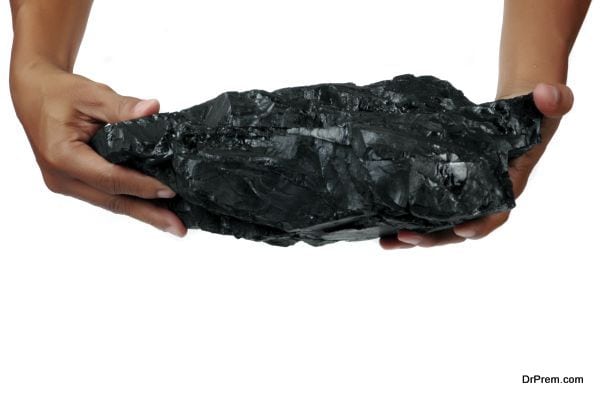 Since a micro hydro power plant can generate 100 KW of electricity, any state rich in water resources,be it small pools or flowing rivers/lakes can generate energy independently and not depend on import of coal or natural gas. It can fulfilthe electricity requirements of a small village or community also making it a cost-effective option.
Since a micro hydro power plant can generate 100 KW of electricity, any state rich in water resources,be it small pools or flowing rivers/lakes can generate energy independently and not depend on import of coal or natural gas. It can fulfilthe electricity requirements of a small village or community also making it a cost-effective option.
Continuous & Reliable Source of Energy
If a nearby stream has a flow of only a few meters per minute or a drop as little as 1 meter, it is sufficient to generate electric energy to meet household needs. A micro hydro power plant can deliver electricity through inexpensive connected as far as 1 kilometre and further with rechargeable batteries.
Portable and Cost-Efficient Energy Resource
Micro hydro power is also a convenient source of electricity generation as it can be stored in a battery and help run electric equipment for agricultural or irrigation purposes or also cater to household requirements. The batteries can be easily recharged at a central station without needing any expensive connecting equipment. Due to its portable and easy to use nature, a microhydro power plant can provide electricity in remote or hilly areas where traditional electrical lines are exorbitant.
No Reservoir Required
The water that runs through the turbines of the micro hydro power plant is re-directed to the river with negligible ecological impact.
Reduces the risk of floods
A water project in any stateis complemented with reforestation. This not only helps in propagating greenery, but also in re-habitation of wildlife and preventing flash floods.
Community Benefit through Employment
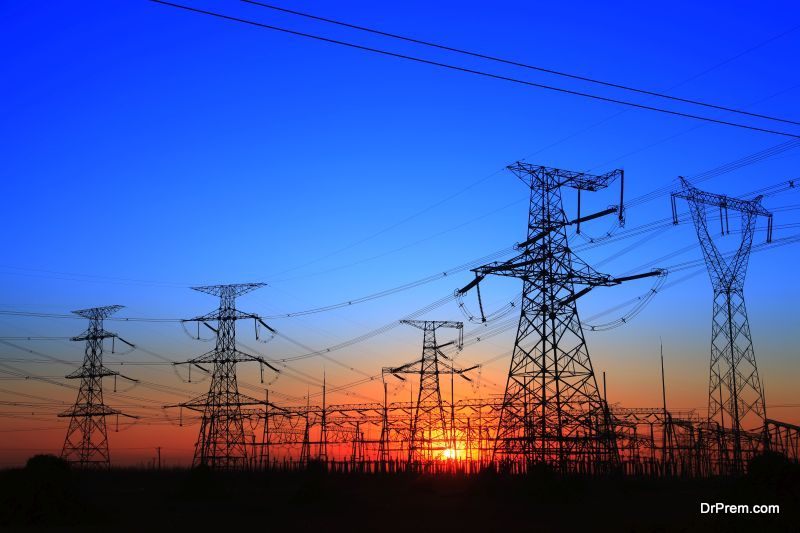 The micro hydro power plant is community-centric. It employs local workforce skilled at recharging batteries or harnessing electric power.
The micro hydro power plant is community-centric. It employs local workforce skilled at recharging batteries or harnessing electric power.
Other Benefits of Micro Hydro Power Plant
- Lighting support to communities
- Provides clean drinking water through widespread outlets in neighbouring sites
- Food grains are manually ground in villages, owing a community micro hydro power plant can aid in the process through electricity generation and mill grinding.
- Ease of irrigation to at least 20 hectares of land while supporting neighboring places through an electric pump to irrigate their land.
- Oil is a valued commodity in cities and villages. With micro hydro power plants, an oil extraction unit can be set up with the electricity generated from the plant.
- If your micro hydro power plant can produce enough output, it can be integrated with the local power grid. The power generated from your micro hydro power plant can also be subtracted from the supply of the main power grid and prove to be more cost and energy efficient.
- Many communities globally do not have access to educational and infotainment options such as television sets, radios or computers. A community-owned micro hydro power plant can help meet these necessities.
While the pros of a micro hydro power plant outweigh the cons drastically, it is important to consider the disadvantages or limitations of a micro hydro power plant.
Site-specific requirements
Not every small neighbourhood water body will be a suitable site for a microhydro power plant. Numerous factors are considered such as the flow and drop of the water, distance of the source from the destination of electricity requirement, and stream size along with construction components.
Limited Scope of Energy Supply
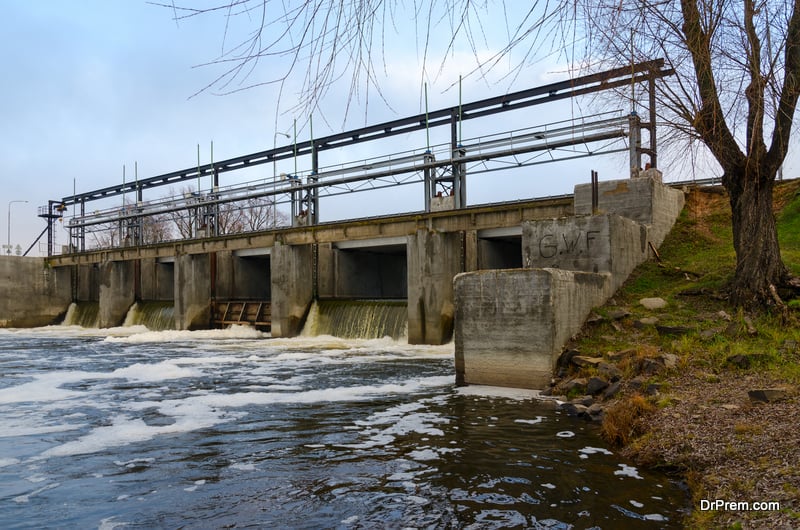 If the source of the hydro power is a small stream, there is a limited opportunity to expand the supply of electricity to neighbouring areas through outlets.
If the source of the hydro power is a small stream, there is a limited opportunity to expand the supply of electricity to neighbouring areas through outlets.
Power Fluctuation
As this is a natural and renewable source of energy, the production and eventual supply of electricity will be seasonal. Due to scorching heat in summers, electricity supply may be lesser than required,and supply will be impossible during times of drought.
Impact on Water Quality
If a water source is utilised to generate hydro power, it can impact the quality of water by lowering the levels of oxygen levels and thereby impacting marine life such as fishes.
Despite its limitations, the micro hydro power plant provides a turnkey solution to meeting our electrical energy requirements by using renewable sources of energy which is crucial to a sustainable, cleaner and greener future.


